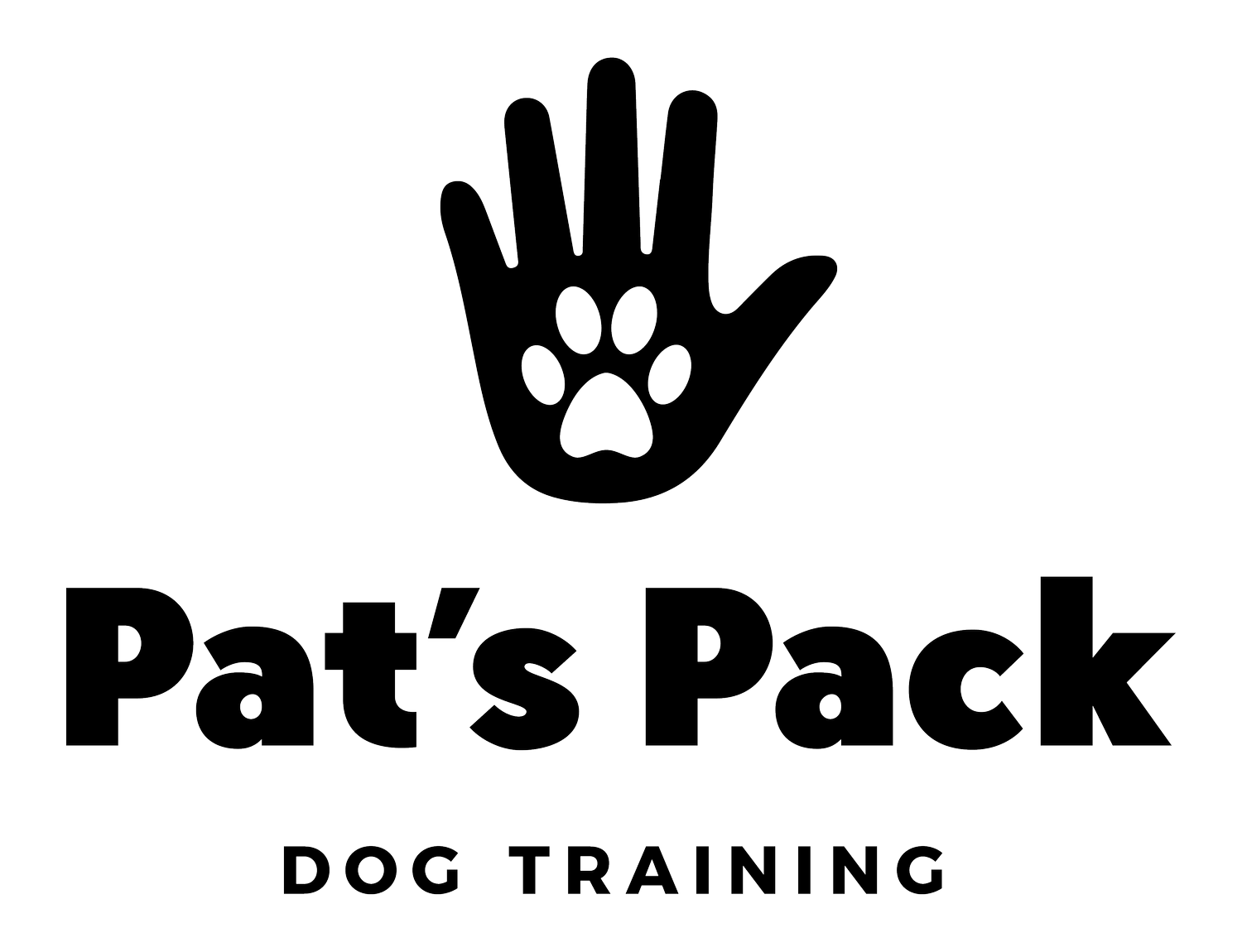5 Compelling Reasons to Avoid Free Feeding Your Puppy
As a responsible dog owner, you want the best for your furry companion. While nutrition plays a vital role in your puppy's well-being, it's equally crucial to consider how you feed them. In this post, we'll delve into the concept of free feeding and why it should be avoided.
Preventing Weight Issues: Free feeding can lead to overeating and potential weight problems in puppies. Their lack of self-control combined with the availability of food throughout the day can result in obesity, which poses serious health risks. By implementing portion control, you can ensure your puppy maintains a healthy weight and avoids future health complications.
Enhancing Crate Training: Feeding your puppy inside their crate helps create positive associations with this space. However, free feeding disrupts this valuable training opportunity. When food is readily available, it becomes less appealing, diminishing the positive reinforcement that the crate provides. By feeding your puppy at specific times, you can make the crate a desirable place and strengthen the training process.
Monitoring Nutritional Intake: Structured feeding enables you to track the amount of food your puppy consumes, ensuring they receive the right nutrition. With free feeding, it becomes challenging to gauge the exact quantity eaten, making it difficult to adjust portions if necessary. By regulating meals, you can meet your puppy's dietary needs while easily adapting to any health requirements that may arise.
Minimizing Accidents: Establishing a feeding routine helps predict when your puppy needs to relieve themselves. With free feeding, it becomes harder to anticipate their bathroom needs, leading to more accidents indoors. By adhering to scheduled meals, you can proactively take your puppy outside after they eat, reducing accidents and accelerating the house-training process.
Monitoring Health and Appetite: A noticeable change in appetite can be an early indicator of illness in dogs. When free feeding, it becomes challenging to recognize if your puppy skipped a meal, hindering your ability to monitor their overall health. By maintaining a structured feeding schedule, you'll be more attuned to any changes in your puppy's appetite, enabling prompt detection of potential health issues.
Bonus! Cost Considerations: In addition to the health and training drawbacks, free feeding your puppy can also be financially burdensome. Quality dog food comes at a price, and unrestricted access to food can result in excessive consumption, leading to higher expenses over time. By implementing portion control and scheduled meals, you can manage your budget effectively while prioritizing your puppy's nutritional needs.
While free feeding may seem convenient, it can have negative consequences for your puppy's health, training (which we REALLY care about here at Pat’s Pack), and overall well-being. Structured feeding promotes balanced meals, prevents overeating, aids in crate training, allows for better monitoring of nutritional intake, reduces accidents, and enables prompt detection of health issues. By adopting a thoughtful and controlled feeding approach, you can lay the foundation for a healthy, happy, and well-trained puppy.
Happy Training!
